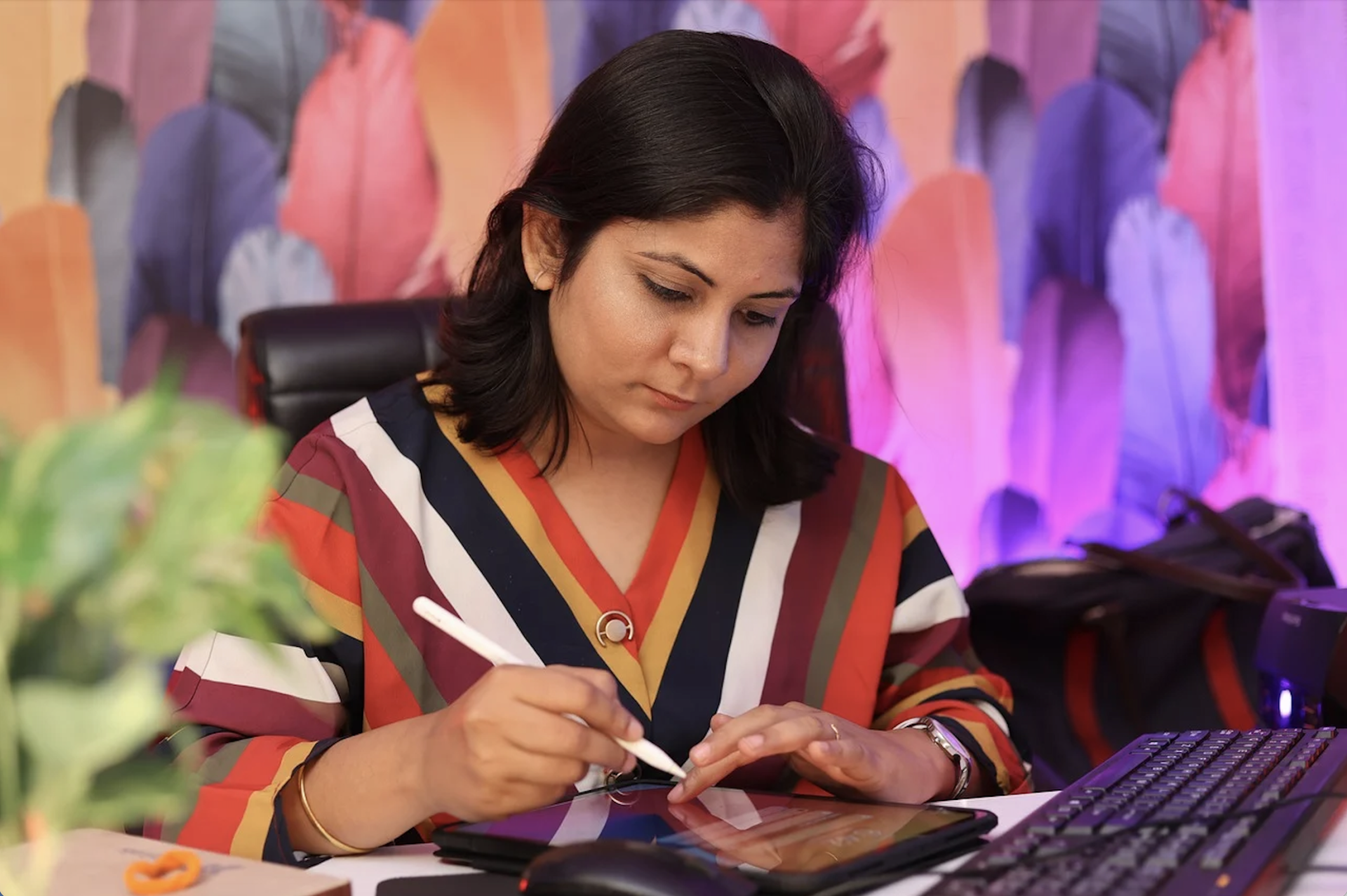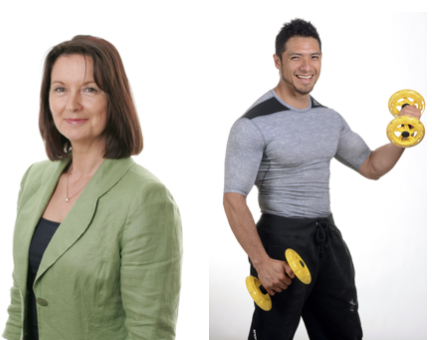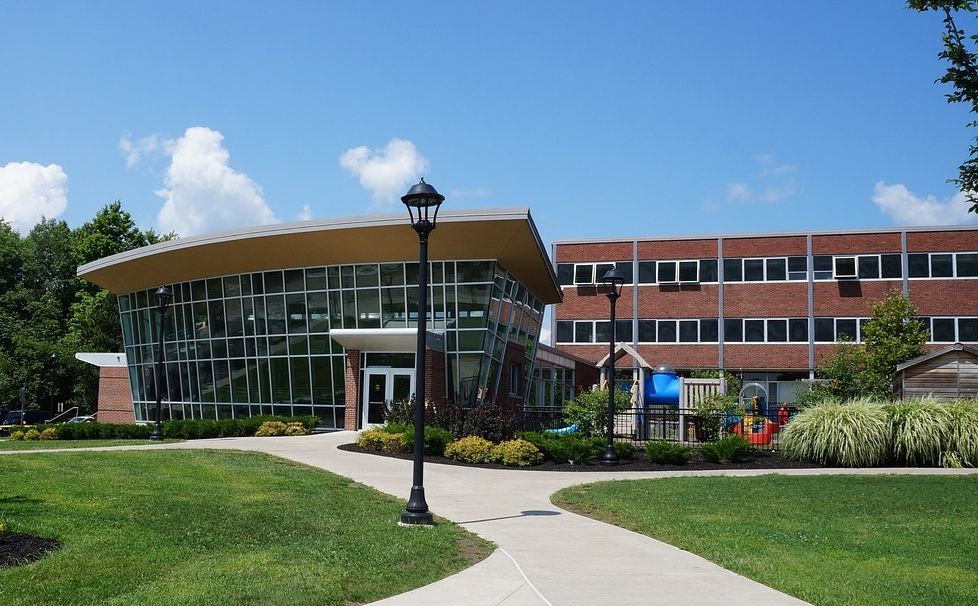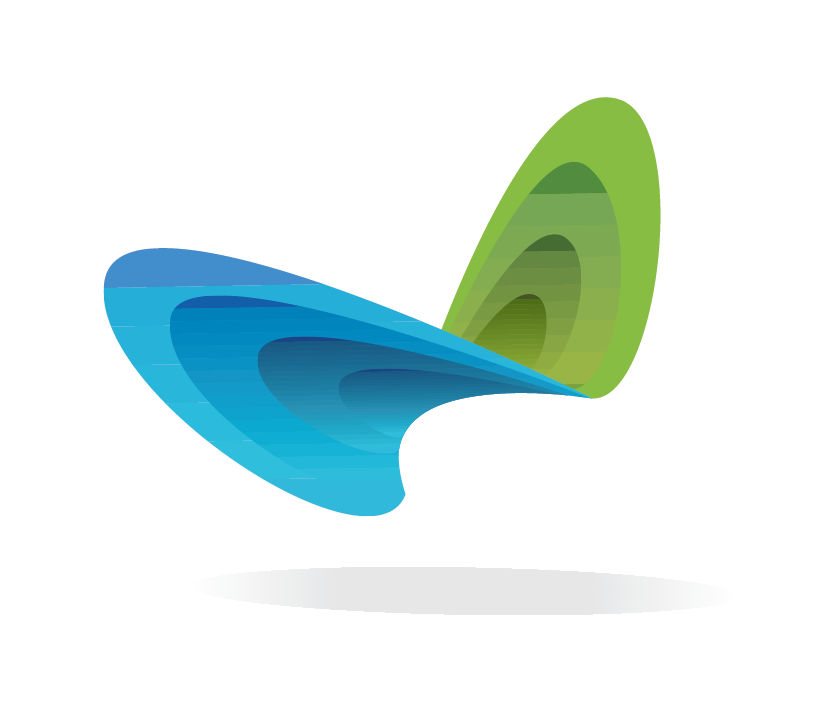Integral Learning
Tools for human living.
Our teachers
Meet our core team
All of our instructors are highly qualified professionals, widely acknowledged in their field.
Our teachers
Meet our core team
Matthew McNatt
CONTENT DEVELOPER, 8Q COACH
Master Mind behind all the courses.
Matthew is a big believer in experiential education—playing games, partaking in rituals, sharing stories, reflecting on learning and, through it all, co-creating conditions for celebration. Matthew has been blessed to see, repeatedly in clinic, that as people organize their bodies in movement, they discover connections between intention and action, sufficient safety for profound unlearning, and possibilities for realizing their unavowed dreams.
As a movement-based educator and co-founder of the Eugene Alliance for Somatic Education—a clinician—Matthew equips people of all ages to direct their attention, coordinate their movements, and develop their intelligence. He is blessed to routinely, in the words of Moshe Feldenkrais, make “the impossible possible, the possible easy, and the easy elegant.”
As a learning and development specialist—a creative—Matthew crafts curricula and conducts trainings that incorporate experiential learning; facilitate mindful decision-making; and net increased efficiencies, participation, and consent in organizational governance.
Matthew's professional background includes founding and directing an educational organization for 14 years in the Illinois Valley, where he invented software to give students feedback about their attention; developed fonts to improve reading speed; and created the 8 Questions™, a transformational heuristic that improves decision-making and group cohesion.
Personally, Matthew enjoys passing time in nature with his wife and three children, building things and playing board games with them, and hearing about their days over dinner. Matthew keeps fit through hiking, swimming, bodyweight exercise, and somatic education lessons. His current projects include writing practical philosophy, children’s books, and coaching material related to the 8 Questions, as well as nurturing a robust network of participatory enterprises in Lane County, Oregon.
Matthew is a big believer in experiential education—playing games, partaking in rituals, sharing stories, reflecting on learning and, through it all, co-creating conditions for celebration. Matthew has been blessed to see, repeatedly in clinic, that as people organize their bodies in movement, they discover connections between intention and action, sufficient safety for profound unlearning, and possibilities for realizing their unavowed dreams.
As a movement-based educator and co-founder of the Eugene Alliance for Somatic Education—a clinician—Matthew equips people of all ages to direct their attention, coordinate their movements, and develop their intelligence. He is blessed to routinely, in the words of Moshe Feldenkrais, make “the impossible possible, the possible easy, and the easy elegant.”
As a learning and development specialist—a creative—Matthew crafts curricula and conducts trainings that incorporate experiential learning; facilitate mindful decision-making; and net increased efficiencies, participation, and consent in organizational governance.
Matthew's professional background includes founding and directing an educational organization for 14 years in the Illinois Valley, where he invented software to give students feedback about their attention; developed fonts to improve reading speed; and created the 8 Questions™, a transformational heuristic that improves decision-making and group cohesion.
Personally, Matthew enjoys passing time in nature with his wife and three children, building things and playing board games with them, and hearing about their days over dinner. Matthew keeps fit through hiking, swimming, bodyweight exercise, and somatic education lessons. His current projects include writing practical philosophy, children’s books, and coaching material related to the 8 Questions, as well as nurturing a robust network of participatory enterprises in Lane County, Oregon.
Sharon MacKinnon
nurse planner, content expert
Nurse Practitioner Extraordinaire.
Heather Johnson
curriculum developer
Curriculum Developer, McNatt translator
Laurie Heyl
licensed clinical social worker
Licensed Clinical Social Worker
We've all been told we're supposed to be present; this helps me get through all the distractions and be present.
— Heather, Course 1 Participant
It helped me move past procrastination this week.
— Course 1 Participant
Outside of practice, I catch myself asking especially Question 2. This question has checked me so much this week. The ways we relate can be so irrational—projections on others and self from past experiences. It has been eye-opening for me.
— Tracie, Course 1 Participant
What kind of tool is this?
The 8 Questions is a heuristic
(heuristic: strategies, techniques, methods that serve as shortcuts to quickly making decisions or solving problems)
This particular heuristic is designed to be:
- Liberative: because it functions to move you past any habits that may be keeping you stuck
- Transformative: because it helps you see what you've been missing
It also...
- Handles Complexity: because it opens you to handing that complexity without being overwhelmed
- Fosters Unity: because it helps us reconcile with ourselves and others
(heuristic: strategies, techniques, methods that serve as shortcuts to quickly making decisions or solving problems)
This particular heuristic is designed to be:
- Liberative: because it functions to move you past any habits that may be keeping you stuck
- Transformative: because it helps you see what you've been missing
It also...
- Handles Complexity: because it opens you to handing that complexity without being overwhelmed
- Fosters Unity: because it helps us reconcile with ourselves and others
How is this tool different from other heuristics?
Most heuristics get us generally close enough, and for many people, this is okay. For others, if a tool isn't reliable 100% of the time, it's not safe enough to use at all. Thus we found a need for a tool that worked 100% of the time.
Part of developing this tool was to surface aspects of reality that are present for all of us when we're making decisions. In this process, we realized that a significant amount of the time when we're making decisions, we tend to not take these things into account at all. But overlooking them doesn't make them go away.
So we developed a series of yes/no questions that quickly point us to these aspects that we commonly overlook—that are present and matter—so that we can attend to them when we make decisions.
What we found was that when people practiced this heuristic, it regularly resulted in people making better decisions, acting in ways that were more in line with their own values, having more positive interactions with others, and generally liking themselves better... to name just a few outcomes.
The questions have been through a series of revision over time, and we have found that these eight questions have, indeed, been reliable 100% of the time. Those who have come to us with skepticism towards such tools have found success with these eight questions.
Part of developing this tool was to surface aspects of reality that are present for all of us when we're making decisions. In this process, we realized that a significant amount of the time when we're making decisions, we tend to not take these things into account at all. But overlooking them doesn't make them go away.
So we developed a series of yes/no questions that quickly point us to these aspects that we commonly overlook—that are present and matter—so that we can attend to them when we make decisions.
What we found was that when people practiced this heuristic, it regularly resulted in people making better decisions, acting in ways that were more in line with their own values, having more positive interactions with others, and generally liking themselves better... to name just a few outcomes.
The questions have been through a series of revision over time, and we have found that these eight questions have, indeed, been reliable 100% of the time. Those who have come to us with skepticism towards such tools have found success with these eight questions.
Can I practice this on my own?
Yes, many people have experienced valuable results from practicing on their own.
AND, we have also found that it is very helpful to be able to connect regularly with others who are also practicing. Those who participate in 8Q community groups are more likely to continue with and deepen their practice. Questions arise through weekly practice, and a community group is a place to find answers to your questions, as well as for mutual sharing of experiences. It is an opportunity to journey along side others, within a community.
AND, we have also found that it is very helpful to be able to connect regularly with others who are also practicing. Those who participate in 8Q community groups are more likely to continue with and deepen their practice. Questions arise through weekly practice, and a community group is a place to find answers to your questions, as well as for mutual sharing of experiences. It is an opportunity to journey along side others, within a community.
Contact Us
Use the form on this page to message us
Thank you!








